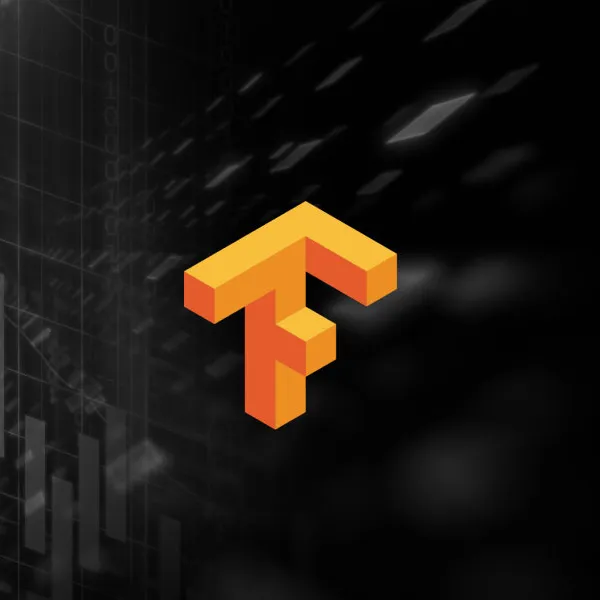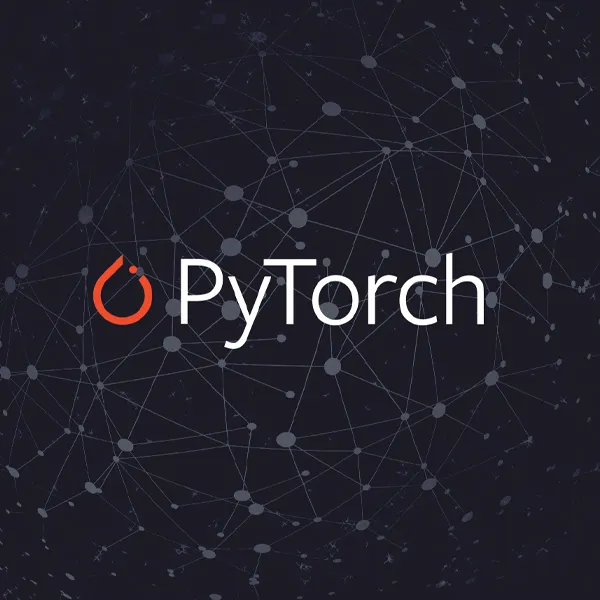5 Emerging AI Tools that Can Change the Future to new light
Artificial Intelligence (AI) has been revolutionizing various industries with its ability to automate processes and analyze vast amounts of data quickly and accurately. As AI continues to advance, new tools are emerging that have the potential to change the future in profound ways.
In this article, we will explore five emerging AI tools that are poised to transform the way we live and work, from natural language processing to predictive analytics and beyond. These tools have the potential to improve efficiency, unlock new opportunities, and drive innovation across a range of industries.
What is Artificial Intelligence?
Artificial Intelligence (AI) is machine intelligence that replicates human behavior and can be trained to find solutions to specific problems. It combines Machine Learning and Deep Learning techniques and is trained using vast amounts of data.
AI models have the ability to make informed decisions, which makes them powerful tools for your businesses and organizations if you are looking to streamline your processes and improve your efficiency.


Some Facts About AI from Experts and Digital Marketing Specialists:
Here are some facts and figures about AI, as per the studies of experts and digital marketing specialists:
- The global Artificial Intelligence (AI) software market is expected to generate revenues of $126 billion by 2025, according to Statista.
- Gartner reports that 37% of organizations have already implemented AI in some form, and the percentage of enterprises using AI has grown by 270% over the past four years.
- By 2025, AI is predicted to power 95% of customer interactions, as per Servion Global Solutions.
- A recent Statista report suggests that the global AI software market is projected to grow approximately 54% year-on-year and is expected to reach $22.6 billion by the end of 2020.
In 1970, the population of the UAE was just 226,000. In the next 5 years, it almost doubled; reaching 560,000.
Top 5 Emerging AI Tools:
As more businesses look to leverage AI to gain a competitive edge, a wide range of AI tools and frameworks have emerged to meet the demand. From TensorFlow to PyTorch, Keras, Theano, and Google ML Kit, each tool has its unique features and strengths that make it suitable for different use cases.
1. TensorFlow
TensorFlow is an open-source machine learning framework developed by Google. It is widely used for building and training deep learning models.
TensorFlow supports both CPU and GPU computing and provides a high-level API for building and training neural networks. TensorFlow also has a large and active community, which has contributed to its popularity.


2. PyTorch
PyTorch is another popular open-source machine learning framework used for building and training deep learning models. It was developed by Facebook and is known for its ease of use and flexibility.
PyTorch provides a dynamic computational graph, which makes it easy to debug and experiment with neural networks. It also supports GPU computing and has a growing community of users and contributors.
3. Keras
Keras is a high-level neural networks API written in Python. It is designed to enable fast experimentation with deep neural networks and is widely used in research and industry.
Keras provides a simple and intuitive API for building and training neural networks and supports both CPU and GPU computing. Keras can run on top of TensorFlow, Theano, or CNTK.


4. Theano
Theano is an open-source numerical computation library used for building and training deep neural networks. It provides a low-level API for building and optimizing mathematical expressions, and supports both CPU and GPU computing.
Theano is known for its speed and efficiency and has been used to build a wide range of machine-learning models.
5. Google ML Kit
Google ML Kit is a mobile machine learning SDK that provides developers with pre-built machine learning models and APIs for building AI-powered mobile apps. It includes a wide range of features, including image labeling, face detection, text recognition, and more.
ML Kit supports both iOS and Android platforms and makes it easy to add machine learning capabilities to mobile apps without requiring extensive knowledge of machine learning.


Top Digital Marketing Agency Explain Why AI Is Used:
As workloads continue to increase, people are increasingly turning to Artificial Intelligence to help automate daily tasks, which can save staff time and increase output be it a small business or the top digital marketing agency.
Additionally, organizations can use AI to attract skilled individuals to contribute to their growth. Businesses also believe that automating routine tasks using simple applications can improve efficiency as data science advances.
A common example of AI in action is the greeting chatbot that appears when we visit a website and answers our queries as well as provides solutions to us.
Conclusive Remarks:
AI tools are rapidly transforming the digital marketing industry and can provide businesses with a competitive advantage. From TensorFlow to PyTorch, Keras, Theano, and Google ML Kit, each tool has its unique features and strengths that make it suitable for different use cases.
As the demand for AI-powered solutions continues to grow, it’s crucial for businesses to stay up-to-date with the latest tools and trends in the industry.
With the help of a top digital marketing agency in Dubai like VDigitalX Marketing, you can leverage AI to optimize the marketing strategies of your business and stay ahead of the competition. The future of AI in digital marketing is bright, and it’s up to businesses like yours to harness its potential to drive growth and success.
FAQs:
Pros and Cons of AI Tools?
Pros of AI tools include increased efficiency, accuracy, and the ability to analyze large amounts of data. Cons may include the potential for bias or errors in decision-making and the risk of job loss for those whose work can be automated.
How we can stay up to date with AI Tools?
To stay up-to-date with AI tools, you can attend industry events and conferences, read blogs and publications, join online communities and forums, take courses and certifications, and follow thought leaders and experts in the field.


